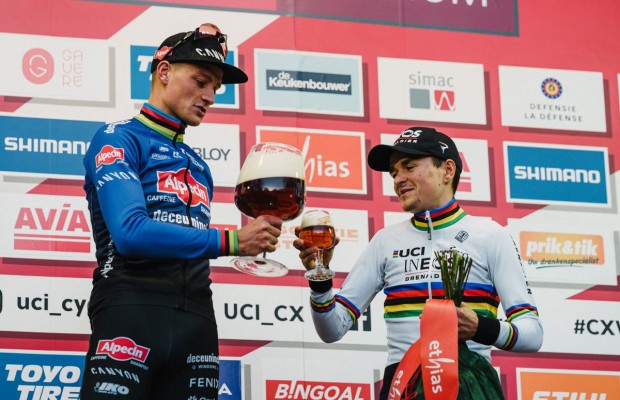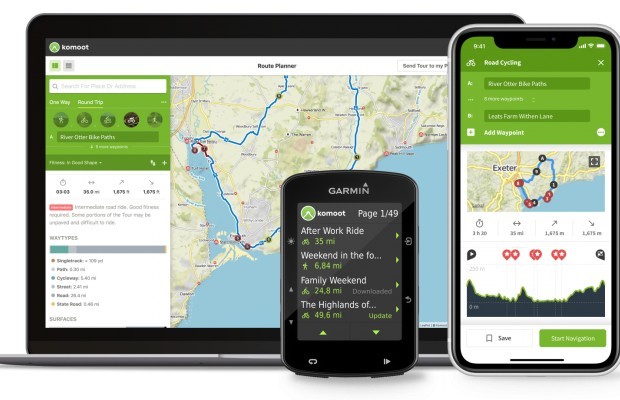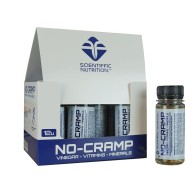What Pogacar took for cramps in Roubaix
Few things are as incapacitating on the bike as the cramps that appear especially during marathon days and hot days. Pickle juice seems to have become an effective remedy to make them disappear when they threaten to block our legs, a product used not only by professionals but also by first division football teams.
The magic formula to stop cramps
Few things are as disabling on a bike as cramps at the end of a long, hard day on the bike, especially if it's been a hot day. Almost any cyclist has suffered from them at some point, especially in those very hard rides that populate the calendar and that sometimes require us to squeeze the most out of our capabilities.
Worst of all, when the cramps appear, they are usually sudden, so the muscle is contracted and we have no choice but to stop and stretch until we can regain mobility, albeit in a limited way. Something that can ruin our aspirations in some of these tests.

RECOMENDADO

Alcoholic beverages with the fewest calories

What would you do if you won the lottery? This cyclist bought himself a €20,000 bike

Tips for cycling in the rain

25 cycling gifts ideas to get it right

When do helmets have to be changed? Do they have an expiration date?

The best apps for cycling and mountain biking
Precisely that is what almost happened to Tadej Pogacar in the last Paris-Roubaix after he made a great effort to counter a powerful attack by Mathieu van der Poel. The world champion was very impatient calling the team and within seconds his team car approached him and handed him a container of liquid, which he immediately sipped. Minutes later, Pogacar seemed fully recovered and allowed himself to launch an attack at pace with which he released Jasper Philipsen and only Van der Poel could follow on his wheel.
The liquid in question appeared to be the liquid in which pickled gherkins are preserved and which is marketed by the No-Cramp brand as a remedy for cramps. According to the brand's research, it is effective against cramps by preventing the reflex impulse that supposedly causes involuntary muscle contraction as the sour taste sends a signal to the brain that makes the cramps go away.

A remedy made from apple cider vinegar that also includes salts that help to restore the balance of electrolytes that are usually associated with the appearance of cramps, such as sodium, potassium and zinc, as well as vitamin C and E, and which even first division football teams use.